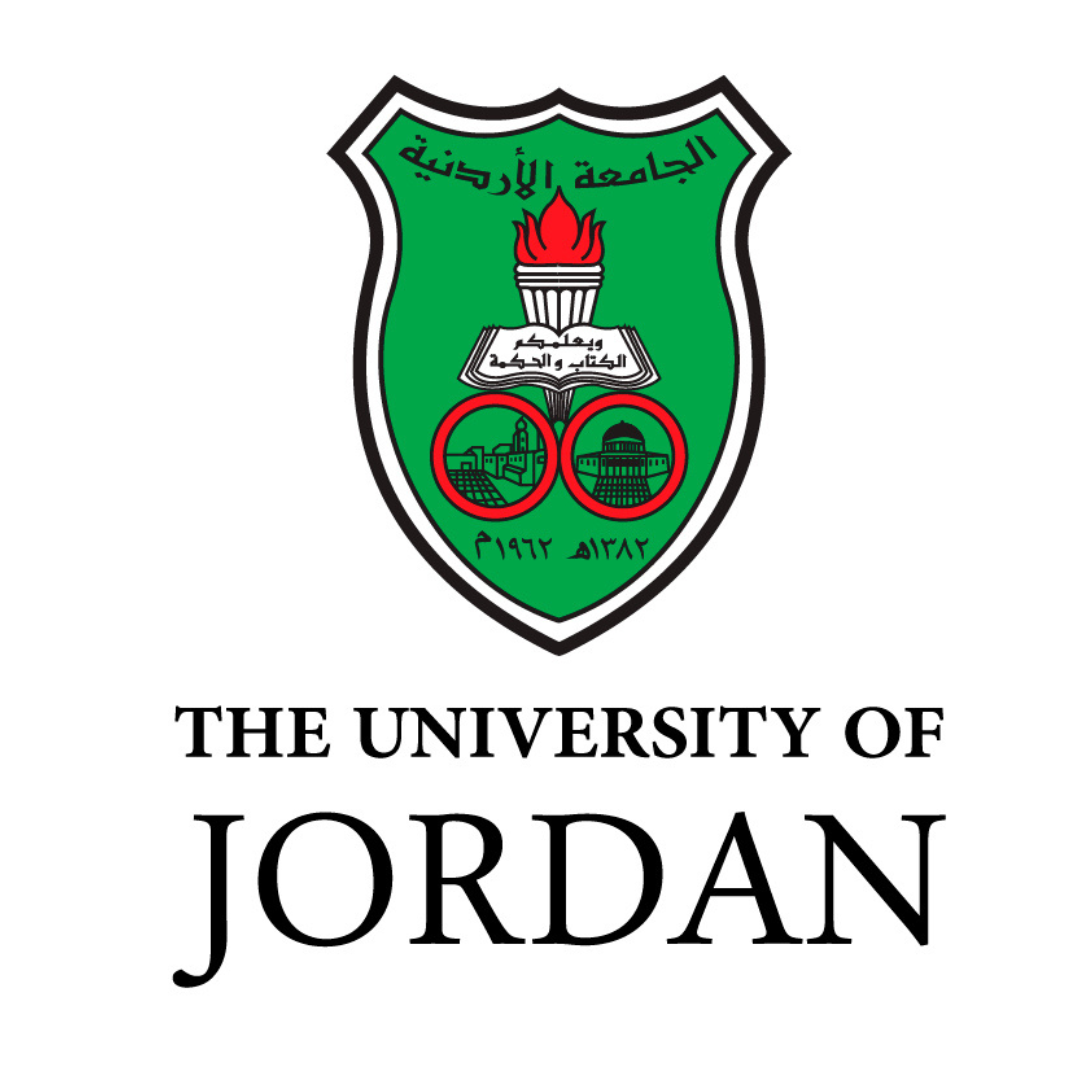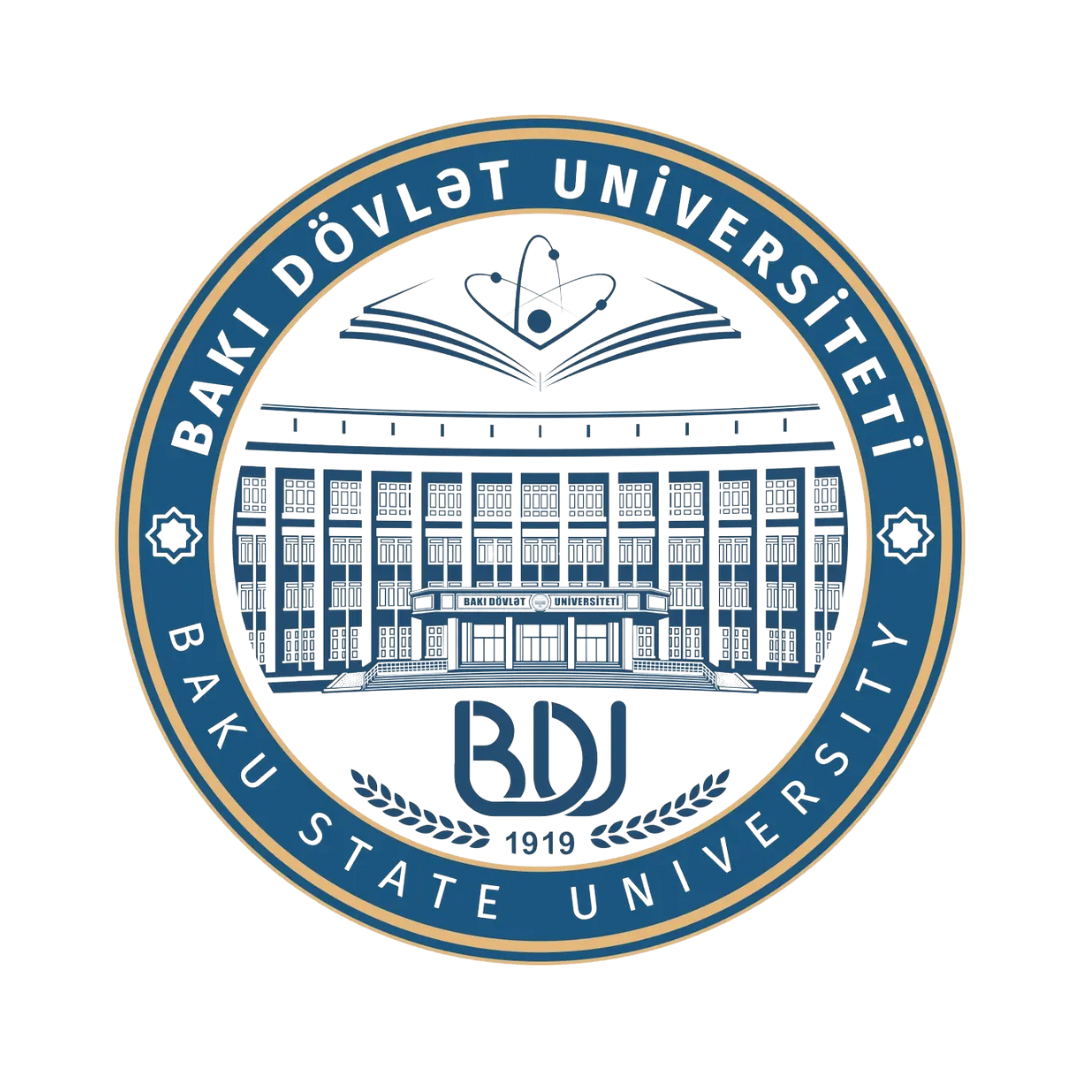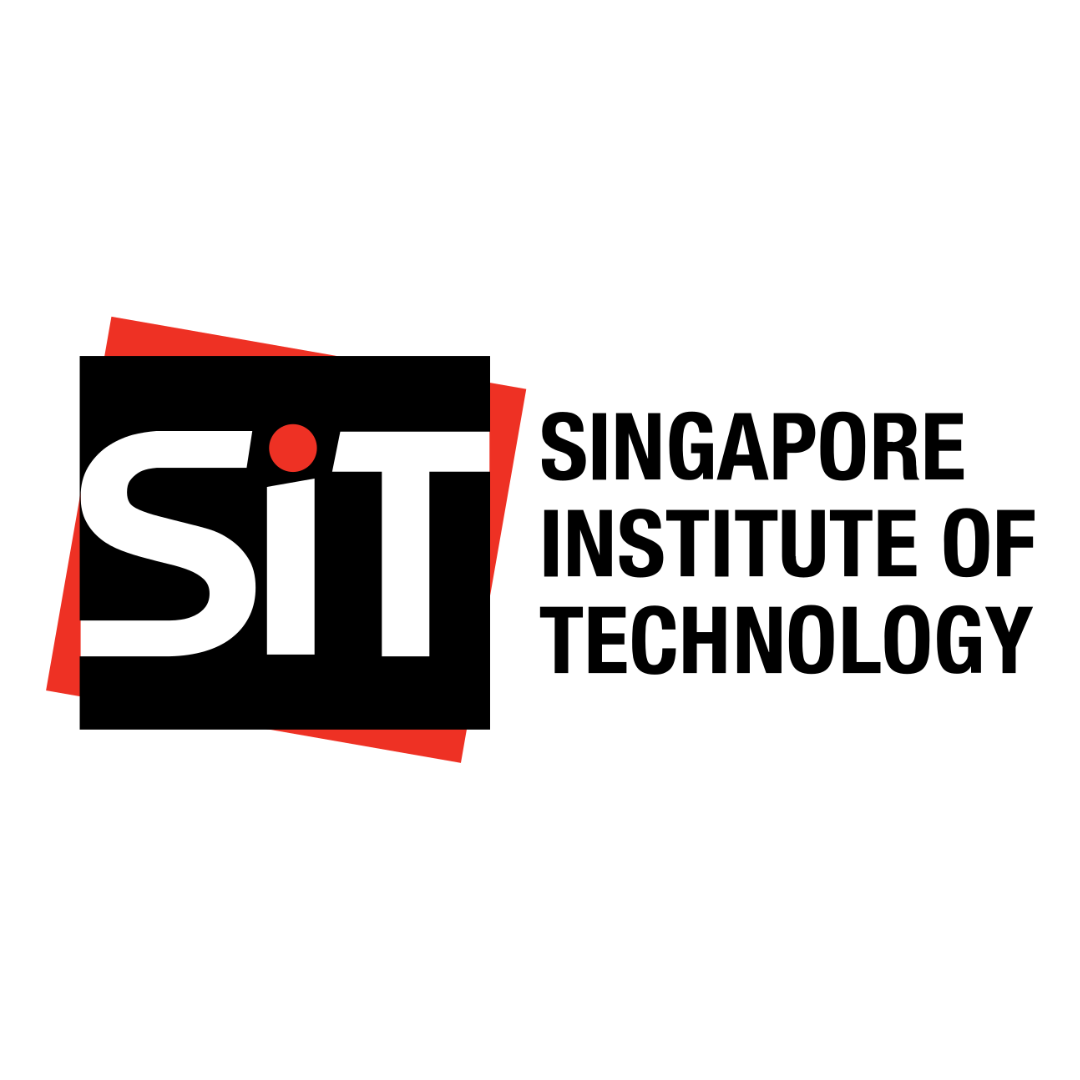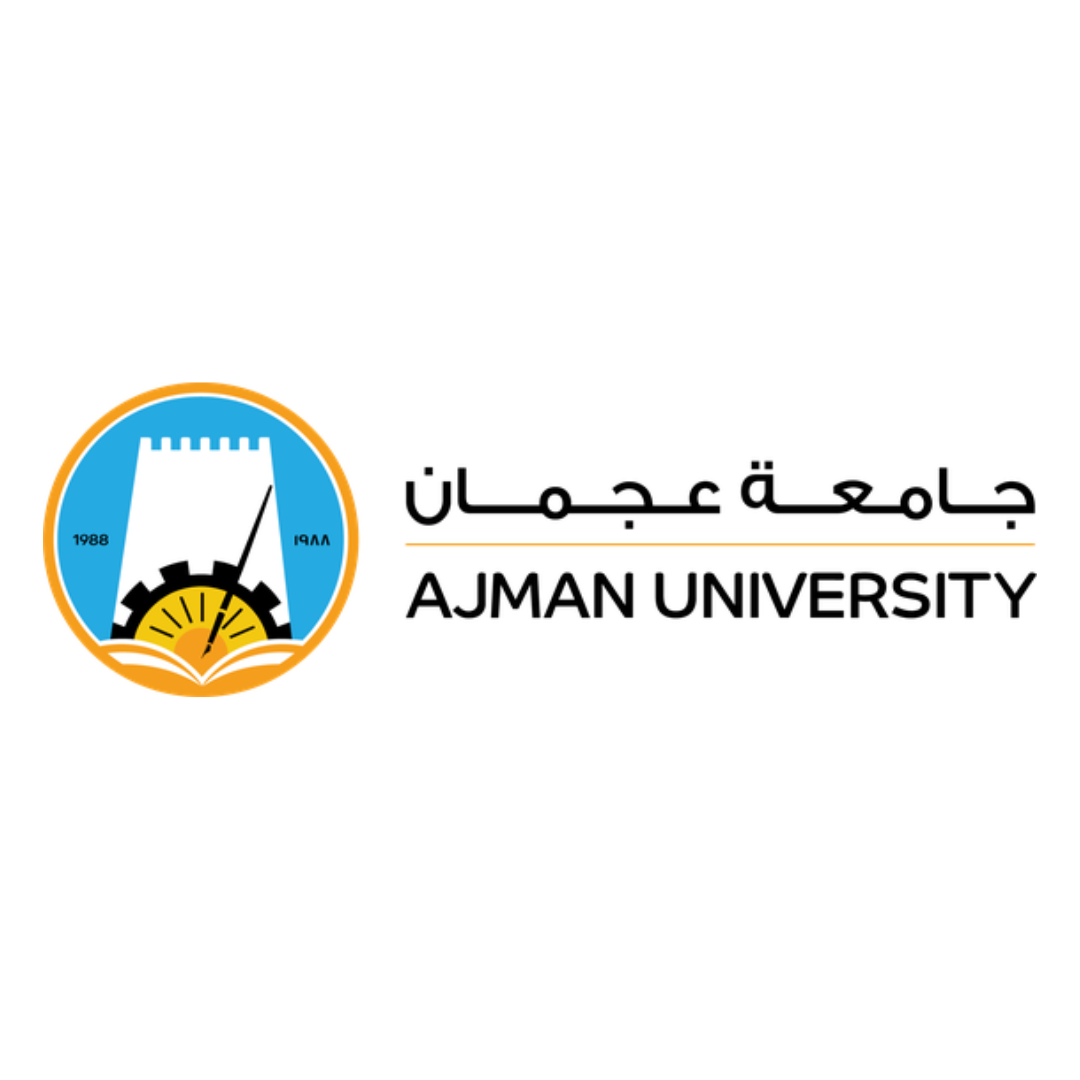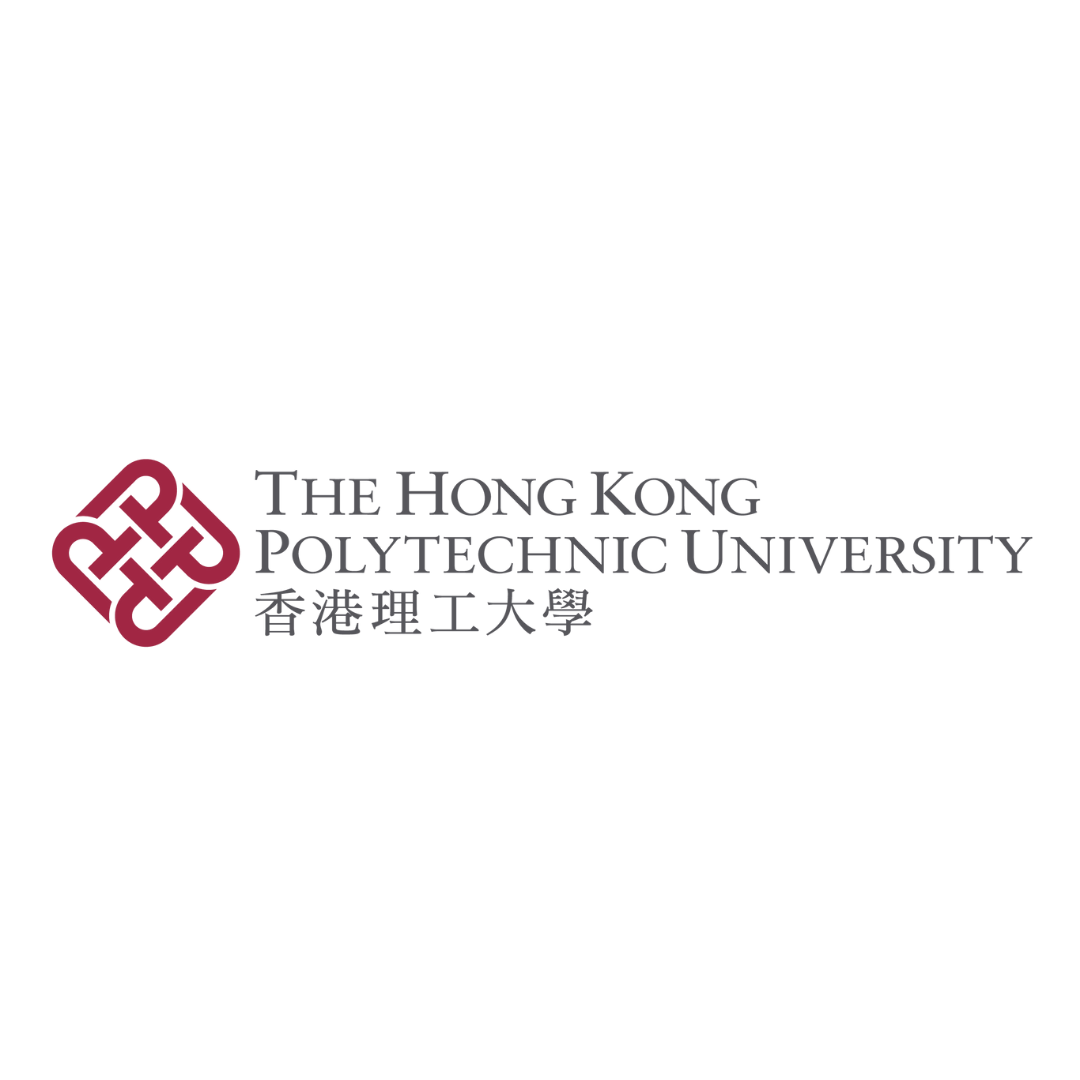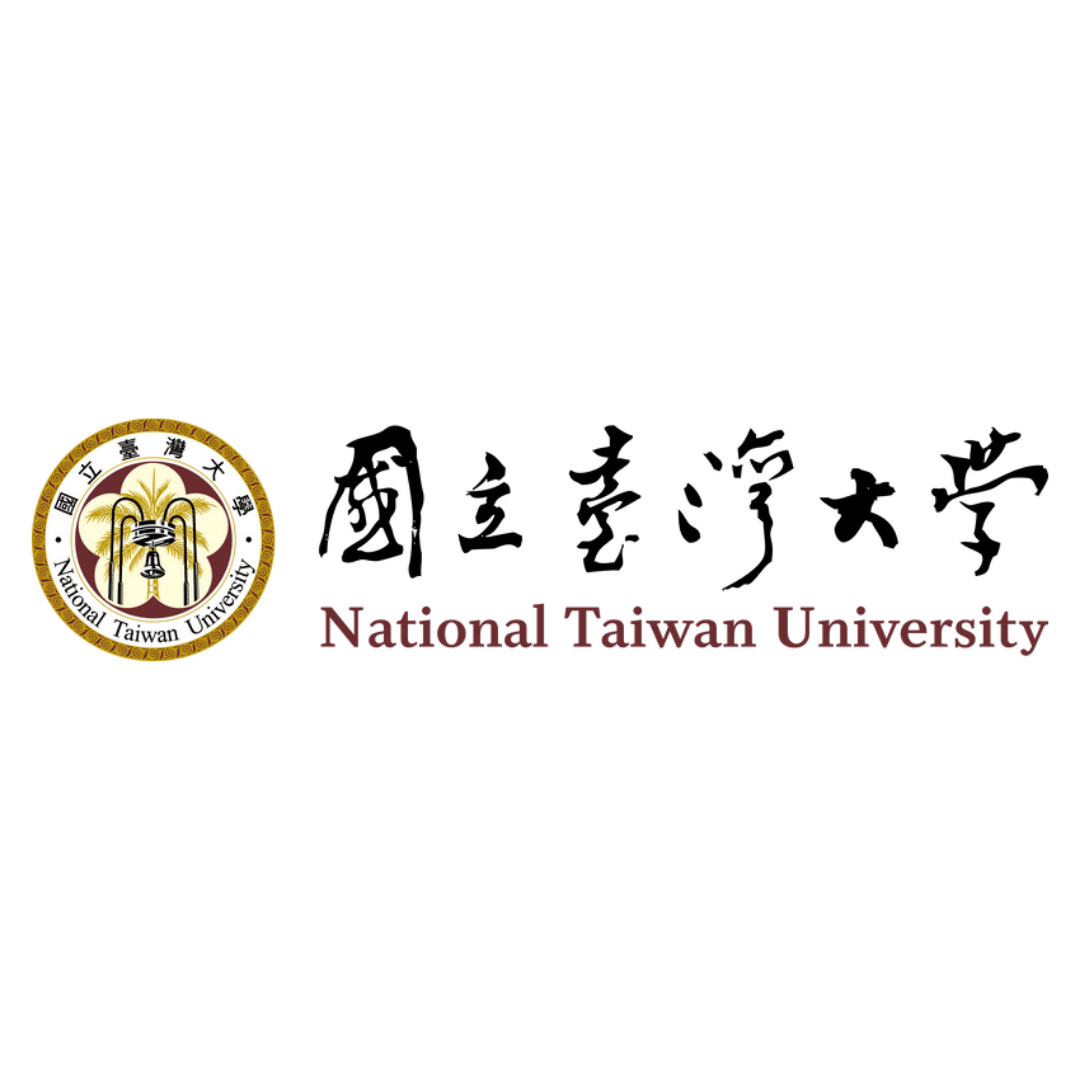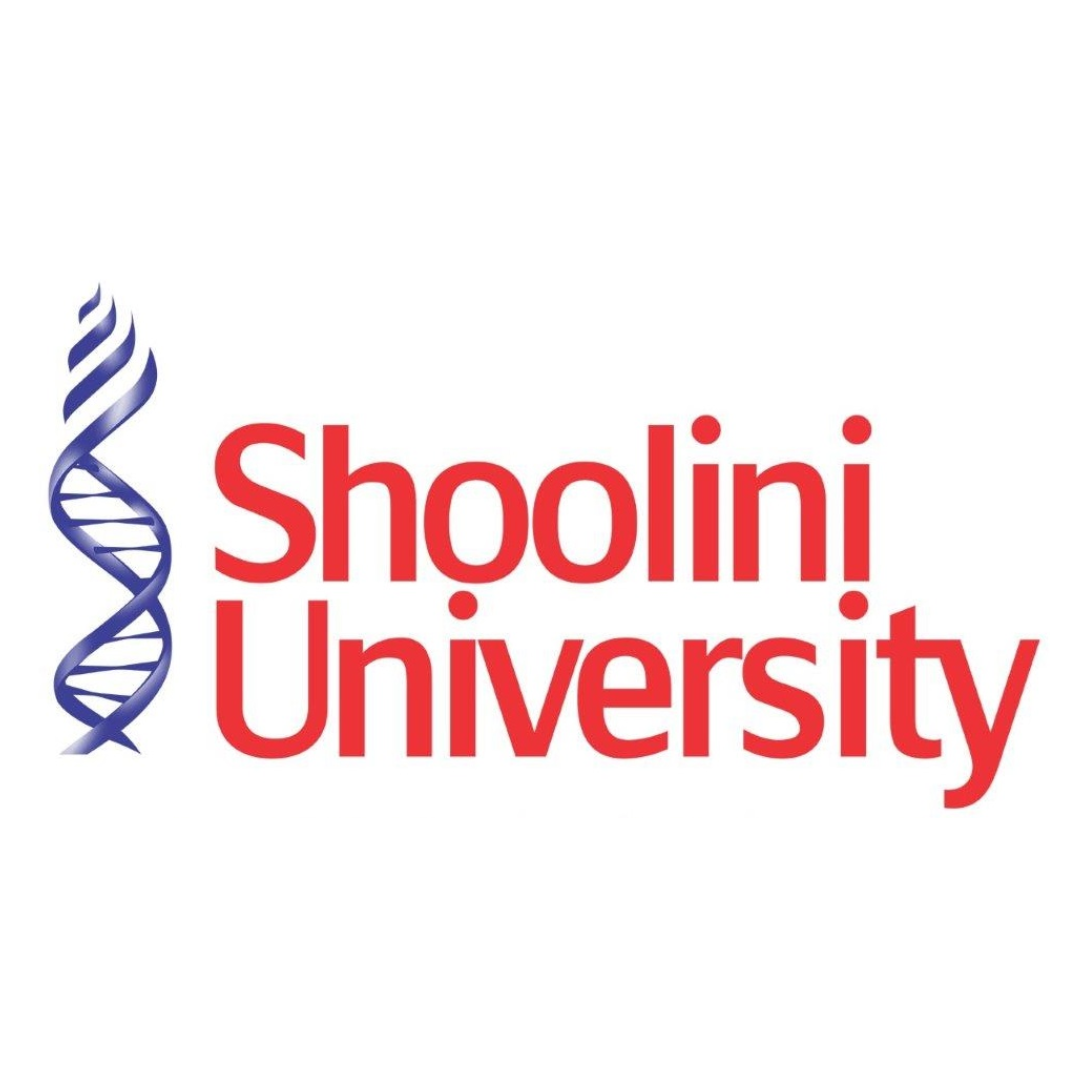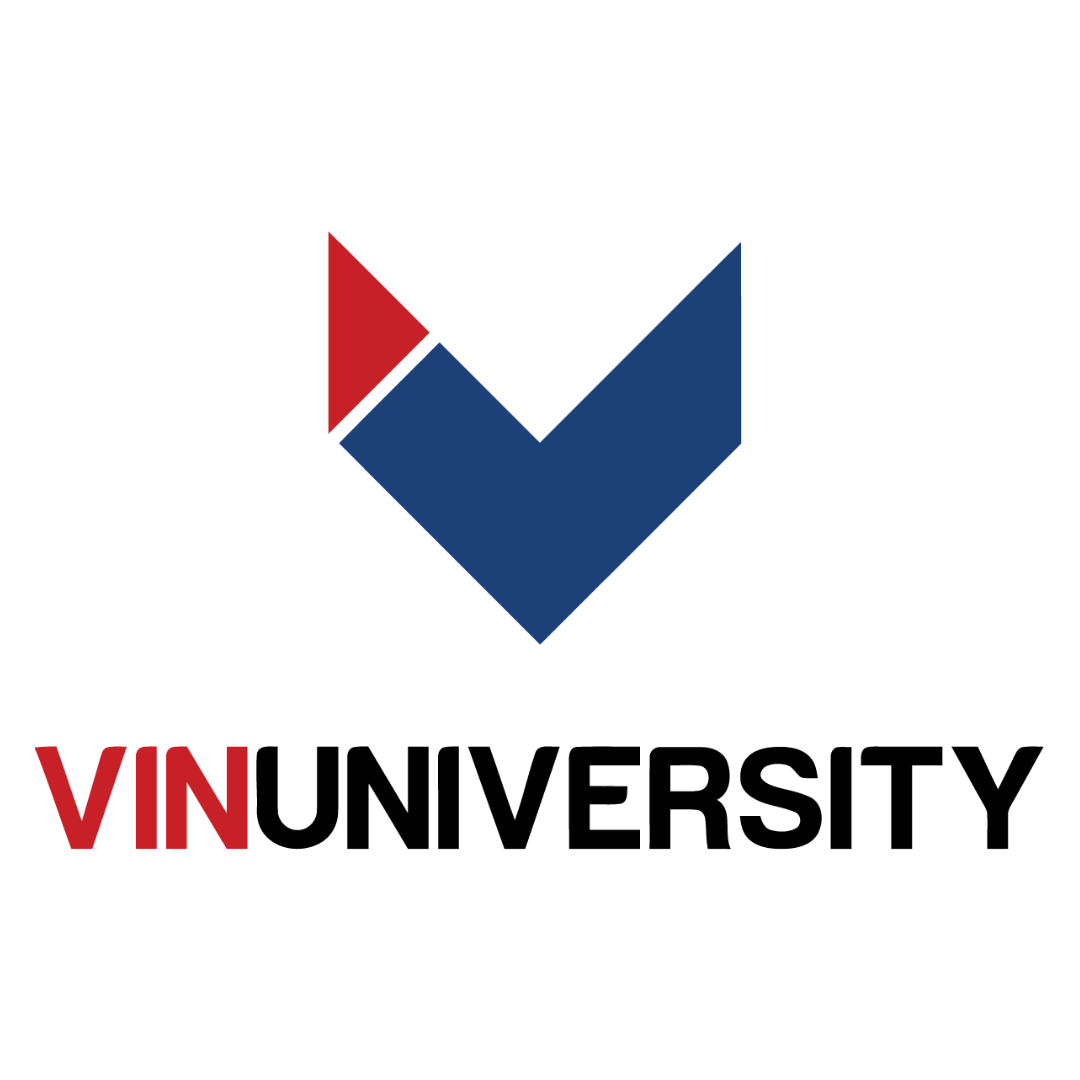The University of Jordan
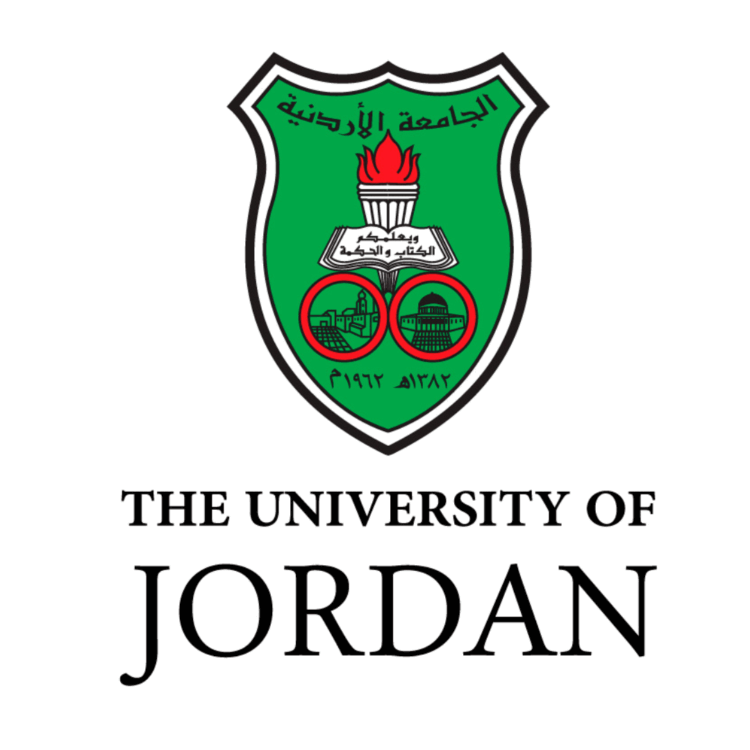 The University of Jordan (UJ), established in 1962 by a Royal Decree, is Jordan’s largest and first university. Located in the capital city of Amman, UJ has developed into a leading global educational institution, known for its commitment to excellence and diversity in academic offerings. According to the QS World University Rankings 2026, UJ is ranked among the top 350 universities worldwide.
The University of Jordan (UJ), established in 1962 by a Royal Decree, is Jordan’s largest and first university. Located in the capital city of Amman, UJ has developed into a leading global educational institution, known for its commitment to excellence and diversity in academic offerings. According to the QS World University Rankings 2026, UJ is ranked among the top 350 universities worldwide.
UJ offers a comprehensive range of academic programs across 26 schools, encompassing over 302 programs, including bachelor’s, higher diploma, master’s, higher specialization in Medicine and Dentistry, and doctoral degrees. The university has earned international accreditation for 55 programs in 11 schools, including Medicine, Pharmacy, Nursing, Dentistry, Engineering, Information Technology, Agriculture, Rehabilitation, Foreign Languages, Business, and Natural Sciences. These programs meet rigorous global standards, ensuring that graduates are equipped with the knowledge and skills needed to excel in their respective fields. The university’s dedication to international accreditation solidifies its position as a key player in the global education arena.
At the undergraduate level, UJ offers 106 programs across disciplines such as Medicine, Dentistry, Pharmacy, Nursing, Rehabilitation Sciences, Sciences, Agriculture, Engineering, Information Technology, Arts, Business Administration, Sharia, Educational Sciences, Law, Sports Sciences, Arts and Design, International Studies, Politics, Foreign Languages, and Tourism and Archeology. For postgraduate studies, UJ provides 40 doctoral programs, 126 master’s programs, 22 higher specialization programs in Medicine and Dentistry, and 7 diploma programs.
UJ focuses on creating a supportive and forward-looking educational environment to enhance the quality of education and keep up with technological advancements, labor-market demands, and entrepreneurial needs. This involves the integration of e-learning methodologies, digitizing educational materials, creating interactive lectures, renovating lecture rooms into smart spaces, and incorporating modern instructional methods like blended and online learning.
The university is also undertaking a wide campaign to send distinguished graduates abroad in all fields of specialization, recruiting distinguished faculty members, and launching a comprehensive campaign to develop curricula tailored to market needs, focusing on providing students with the skills necessary for the job market.
With over 7,000 international students hailing from more than 130 countries, UJ embraces diversity and inclusivity. The university’s multicultural environment fosters a rich exchange of ideas, perspectives, and experiences, enhancing the overall learning environment.
Nestled in the heart of Amman, UJ provides students with more than just an education—it offers a vibrant campus life surrounded by essential amenities. Students can explore shopping centers, find comfortable accommodation, savor diverse cuisines in local restaurants, and enjoy entertainment options, creating a well-rounded university experience.
The university has achieved significant recognition in the QS World University Rankings by Subject 2025. UJ’s Nursing program is ranked 47 globally, 4 subjects in the top 100, 9 subjects in the top 200, and 17 subjects in the top 300.
UJ’s faculty is highly qualified, with many members holding prominent positions in academia, administration, and politics within Jordan. Some faculty members serve as ministers, advisers, deputies, and university leaders, while others have achieved success in innovation, science, and literature.
Since its inception, UJ has graduated over 270,000 students, and its employment reputation is ranked 194 worldwide according to the QS World University Rankings 2026. UJ’s medical students consistently secure top scores globally in medical specialization admissions in the United States, a testament to the high-caliber education provided at UJ.
sustainability is at the core of UJ’s values and strategic direction. The university’s commitment to sustainable development is reflected in their alignment with the United Nations Sustainable Development Goals (UN SDGs), Environmental, Social, and Governance (ESG) frameworks, and the Greenhouse Gas (GHG) Protocol.
Sustainability Commitments
- Reducing environmental footprint
- Promoting social equity and diversity
- Ensuring strong governance and transparent decision-making
- Achieving Net-Zero emissions by 2050
The university’s sustainability vision is embedded in all areas of university life, from research and education to operations and community engagement.
Sustainability Strategy
Vision: To become a leading university in sustainability through innovation, inclusivity, and environmental stewardship.
Mission: To drive sustainability across education, research, operations, and community partnerships by embedding sustainable practices and values throughout the university.
Values: Diversity, honesty, respect, fairness, social equity, inclusion, environmental responsibility, transparency and accountability, innovation and adaptability, collaboration and partnerships, resources efficiency and circular economy, and ethical governance and integrity.
UJ’s Sustainability Strategy is structured around clear goals and measurable outcomes (OKRs) to drive progress toward their 2030 and 2050 sustainability targets. The strategy aligns with SDGs, ESG pillars, and the GHG Protocol, and is implemented through collaborative efforts across all units. It encompasses:
- Carbon reduction pathways
- Energy conservation and efficiency plans
- Curriculum transformation
- Community engagement and partnerships
Target Values by 2030 and 2050:
|
Area |
Target 2030 |
Target 2050 |
| GHG Emissions | 70% reduction | Net Zero |
| Renewable Energy | 100% usage maintained | 100% usage maintained |
| Research Output (SDGs) | 1500+ publications/year | 2500+ publications/year |
| Student Engagement | 90% participation | 100% participation |
| Alumni Involvement | 70% sustainable engagement | 90% sustainable engagement |
In response to the growing emphasis on achieving the Sustainable Development Goals (SDGs), UJ has appointed Dr. Osamah Ayadi, a faculty member with extensive experience, as the Campus Sustainability Coordinator. Dr. Ayadi plays a pivotal role in advancing sustainable development across the university. Their responsibilities include:
- Proposing best practices for achieving the SDGs on campus.
- Acting as a central point of contact for sustainability-related inquiries, initiatives, and projects.
- Delivering mandatory annual training on the environmental and social aspects of sustainability to staff members. For more details click here.
- Collaborating with the EDI (Equity, Diversity, and Inclusion) Officer to promote equality, diversity, and inclusion.
- Providing training grounded in ethical values for all members of the university community.
- Overseeing ethical matters across the institution.
Sustainability Office
To further integrate and coordinate sustainability efforts across all campus entities, a proposal to establish a Sustainability Office was approved in March 2025. This office is responsible for overseeing the environmental and social dimensions of sustainability at UJ through the following core functions:
- Strategic Planning and Guidance
- Evaluating current performance and aligning initiatives with global sustainability standards
- Setting measurable goals and developing actionable implementation plans
- Monitoring progress and ensuring continuous improvement
- Coordination and Follow-up
- Serving as a centralized hub for sustainability-related projects and initiatives
- Establishing and managing a comprehensive database to document sustainability practices across the university
- Engagement Across Campus
- Highlighting and leveraging contributions from scientific and humanities faculties, administrative departments, and student clubs
- Supporting sustainability-related research, education, and environmentally responsible operational practices
- Impact and Partnerships
- Enhancing collaboration with governmental and private sector partners
- Supporting applied research and attracting funding for projects with tangible benefits for both the university and society
- Training and Capacity Building
- Delivering mandatory annual training on environmental and social aspects of sustainability for staff members
- Providing training grounded in ethical values for all members of the university community
- Ethics, Diversity, and Inclusion
- Advising on and implementing policies, programs, and training related to diversity, equity, inclusion, and human rights on campus
- Overseeing ethical matters across the institution
The establishment of the Sustainability Office represents a strategic step toward reinforcing UJ’s leadership in sustainable development. It strengthens the university’s standing as a top-tier research and educational institution and supports its mission to become a local and regional model in sustainability.
If you would like to contact the university, please email us at [email protected] and we will be happy to connect you.
Baku State University
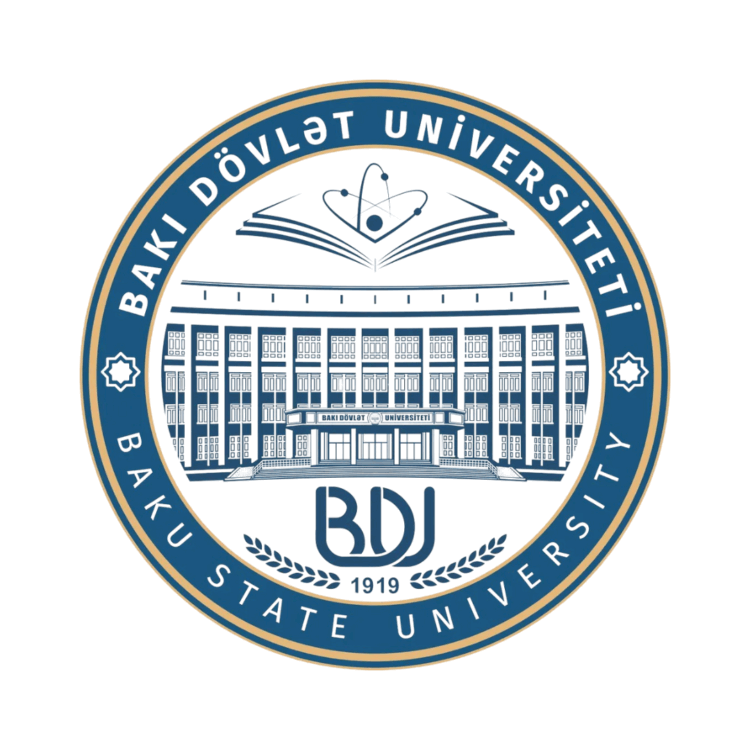 Founded in 1919, Baku State University (BSU) is Azerbaijan’s oldest and most prestigious public university, located in the heart of Baku, the country’s capital and cultural hub. With over 25,000 students and 3,000 academic and administrative staff, BSU offers undergraduate to doctoral-level education across a wide range of disciplines, including natural sciences, humanities, law, engineering, and international relations. As a comprehensive research-intensive institution, BSU is recognized for its significant contributions to the academic, scientific, and social development of Azerbaijan and the wider South Caucasus region.
Founded in 1919, Baku State University (BSU) is Azerbaijan’s oldest and most prestigious public university, located in the heart of Baku, the country’s capital and cultural hub. With over 25,000 students and 3,000 academic and administrative staff, BSU offers undergraduate to doctoral-level education across a wide range of disciplines, including natural sciences, humanities, law, engineering, and international relations. As a comprehensive research-intensive institution, BSU is recognized for its significant contributions to the academic, scientific, and social development of Azerbaijan and the wider South Caucasus region.
BSU is consistently ranked among the top universities in Azerbaijan and holds strong ties with international academic networks and institutions. Its alumni include two Nobel Prize laureates and numerous national leaders and distinguished scholars. The university has played a leading role in modernizing curricula, enhancing digital transformation in teaching, and aligning education with labor market needs. BSU’s commitment to quality assurance, student-centered learning, and internationalization has positioned it as a forward-thinking institution contributing to national and regional development goals.
Sustainability is embedded in BSU’s strategic vision and operational practices. The university has introduced policies and initiatives such as:
- A 3R Strategy (Reduce, Reuse, Recycle) for organic waste management across campus
- A comprehensive Clean Water Policy, focusing on efficient water use, pollution prevention, and awareness
- Integration of sustainability themes into research and curricula across disciplines
- Ongoing efforts toward carbon footprint reduction and green campus planning
BSU is committed to continuous sustainability performance monitoring, fostering student and staff engagement in environmental initiatives, and contributing to global dialogue and action for a more equitable and sustainable future. BSU continues to enhance global engagement through joint research, mobility programs, and multilateral partnerships that drive shared solutions to global challenges. With a motivated academic community and a forward-looking administration, we aim to empower the next generation of leaders, researchers, and change-makers.
Website: http://sdg.bsu.edu.az/
Social Media
Facebook: https://www.facebook.com/bdu.eduaz1919#
Youtube: www.youtube.com/@BakuStateUniversity
LinkedIn: https://www.linkedin.com/company/bdueduaz/posts/
Instagram: @bsu_official
X: @bdu_eduaz
Telegram: https://t.me/bdu_eduaz
If you would like to contact the university, please email us at [email protected] and we will be happy to connect you.
Singapore Institute of Technology
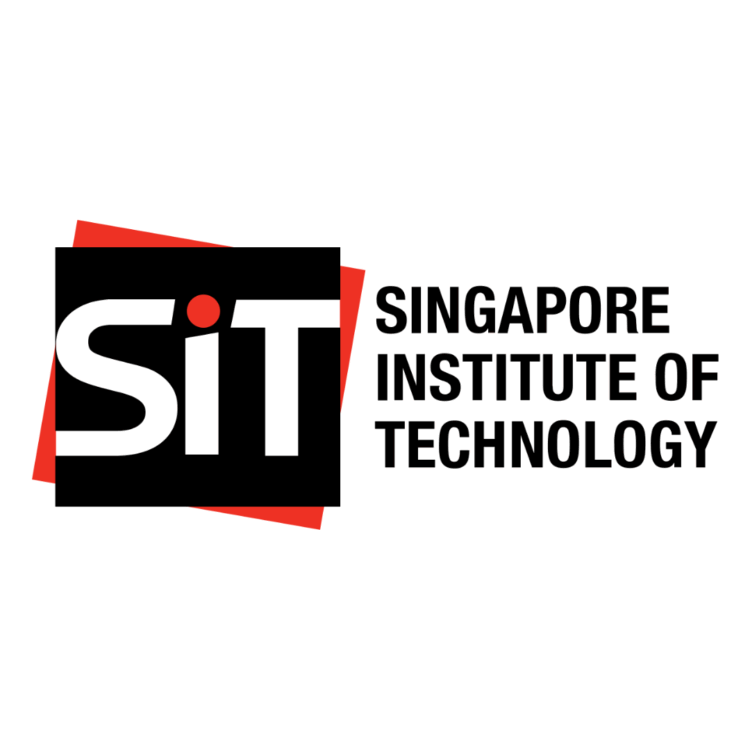 The Singapore Institute of Technology (SIT) is Singapore’s first University of Applied Learning, offering specialised degree programmes that prepare its graduates to be work-ready professionals. With a mission to develop individuals and innovate with industry to impact the economy and society in meaningful ways, SIT aims to also be a leader in innovative workplace learning and applied research.
The Singapore Institute of Technology (SIT) is Singapore’s first University of Applied Learning, offering specialised degree programmes that prepare its graduates to be work-ready professionals. With a mission to develop individuals and innovate with industry to impact the economy and society in meaningful ways, SIT aims to also be a leader in innovative workplace learning and applied research.
The University’s unique pedagogy integrates work and study, embracing authentic learning in a real-world environment through collaborations with key strategic partners. Its focus on applied research with business impact is aimed at helping industry innovate and grow. The University’s centralised campus in Punggol features a fit-for-purpose campus within the larger Punggol Digital District, where academia and industry are tightly integrated with the community.
Recognising that the decisions made today shape the future, SIT incorporates sustainability into its teaching, research and campus. In collaboration with strategic partners, SIT integrates sustainability into its policies, practices and operations. The University prepares its students to be work and future-ready, instils sustainability values among students and staff, and develops capabilities and solutions that support the sustainable development goals of industry, the nation and beyond.
Website: https://www.singaporetech.edu.sg/sustainability
Social Media
Instagram: https://www.instagram.com/singaporetech/
Facebook: https://www.facebook.com/SingaporeTech
LinkedIn: https://www.linkedin.com/school/singapore-institute-of-technology/
YouTube: https://www.youtube.com/@SingaporetechEduSg
TikTok: https://www.tiktok.com/@singaporetech
If you would like to contact the university, please email us at [email protected] and we will be happy to connect you.
Siam University
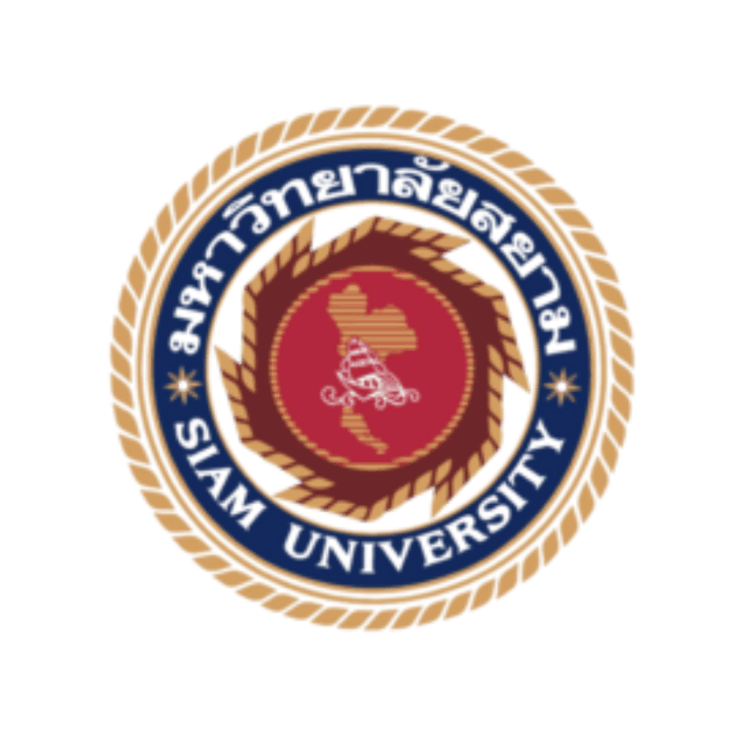 Siam University, established in 1973 as a comprehensive private university, is authorized to grant degrees and offers over 40 programs across 15 faculties and graduate schools.
Siam University, established in 1973 as a comprehensive private university, is authorized to grant degrees and offers over 40 programs across 15 faculties and graduate schools.
We are the only private university in MHESI’s Strategic Group, technology and innovation university, with a vision: “A leading institution creating innovation for sustainable future.” Siam university is built upon three key Pillars: Diversity, Employability, and Sustainability.
Siam University provide 40 programs of study leading to bachelor, Master and Doctoral Degree. The student body consists of around 15,000 students and the Siam University is ranked among the top three private Universities in term of number of foreign students, with total 1,000 international students coming from over 53 countries. Siam University is the winner of Green Gown International awards “Benefitting Society” for the year 2024.
Website: https://sustainability.siam.edu
Social Media
Facebook: https://www.facebook.com/SiamUniversityBangkok
Instagram: https://www.instagram.com/siamuniversityofficial
If you would like to contact the university, please email us at [email protected] and we will be happy to connect you.
Ajman University
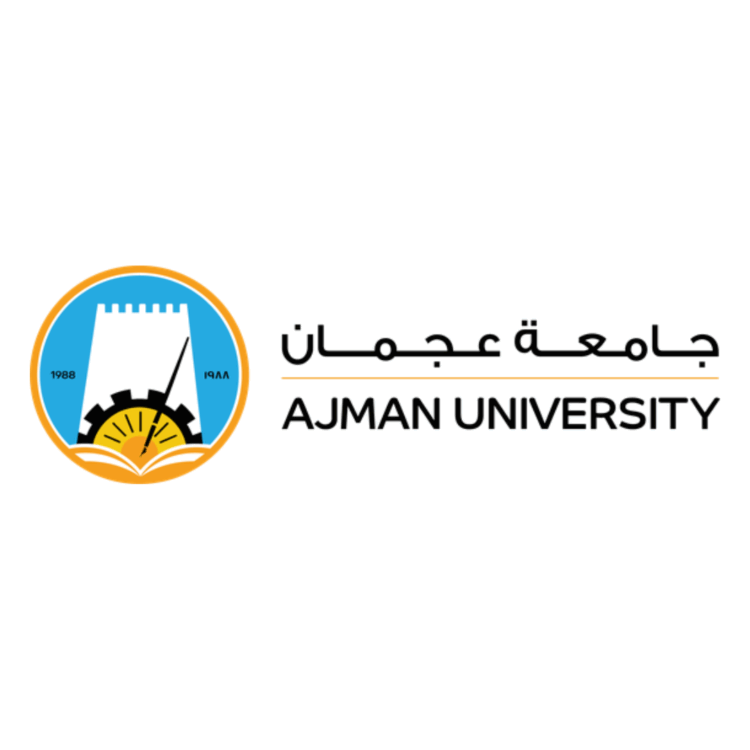 Founded in 1988 as the GCC’s inaugural private university, Ajman University (AU) has been a trailblazer in the UAE’s education landscape. As a non-profit institution, AU is dedicated to furthering the intellectual growth and personal development of every student who wishes to embark on a meaningful career. AU is recognized for its quality education, being one of the first six institutions outside UK to receive accreditation from the UK’s Quality Assurance Agency (QAA). It also stands out as the first private, non-profit university in the entire Arab region to be accredited by the WASC Senior College and University Commission (WSCUC), endorsed by the U.S. Department of Education.
Founded in 1988 as the GCC’s inaugural private university, Ajman University (AU) has been a trailblazer in the UAE’s education landscape. As a non-profit institution, AU is dedicated to furthering the intellectual growth and personal development of every student who wishes to embark on a meaningful career. AU is recognized for its quality education, being one of the first six institutions outside UK to receive accreditation from the UK’s Quality Assurance Agency (QAA). It also stands out as the first private, non-profit university in the entire Arab region to be accredited by the WASC Senior College and University Commission (WSCUC), endorsed by the U.S. Department of Education.
Today, Ajman University stands proudly as a global academic powerhouse, ranked at #477 in the world and recognized as one of the top 5 universities in the UAE, according to the esteemed 2025 QS World University Rankings. This accolade places us among the top 1.6% of institutions worldwide. Impressively, we hold the 3rd position globally for international students and the 6th position for faculty members worldwide, a testament to our international appeal. Our strategic collaborations with leading organizations locally, regionally, and globally have propelled us to the 221 position in Employer Reputation worldwide. AU is also the recipient of the QS “Most Improved—Arab Region” Award for demonstrating the largest regional advancement over a five-year period.
Beyond bestowing valuable degrees that lead to impactful careers, our mission is to ignite every student’s natural curiosity and cultivate a passion for lifelong learning. Our global alumni network, comprising over 40,000 accomplished individuals, is actively shaping the future.
At AU, our motto is “Make it Happen,” and we live up to this promise every single day.
Our holistic sustainability approach
Ajman University believes in the power of nurturing and educating the next generation of sustainability champions via a holistic approach of embedding sustainability pillars and the 17 UN Sustainable Development Goals (SDGs) into its campus operations, curricula and research efforts.
Embedding Sustainability in Academics: Ajman University isn’t just offering isolated sustainability courses. They’re weaving sustainability principles into the core of various programs – from environmental science and engineering to business management and social sciences. This equips future professionals from all walks of life to make sustainable decisions in their careers.
The Office of Sustainability as a Catalyst: The dedicated Office of Sustainability promotes sustainable practices across campus via greening communities’ initiatives, dedicated workshops and training sessions, conferences and forums, sustainability literacy assessment, water conservation and recycling campaigns, biodiversity and ecosystem restoration programs, clean-up drives and tree planting initiatives and much more.
Leading by Example in the Community: Ajman University offers sustainability programs and initiatives to its own community members as well as members of the general public through successful collaborations with schools, universities and businesses. Ajman University proudly co-leads the UAE Universities Climate Network, which is a network of 33 universities collaborating on common goals for climate action, carbon neutrality and sustainable development.
Unlocking the power of partnerships: Recognizing that sustainability thrives on collaboration, Ajman University actively fosters partnerships across academia, industry, government, and NGOs. This has allowed AU to co-develop youth initiatives with international experts, pilot innovative technologies with industry leaders, amplify community impact through educational programs with local NGOs, and establish itself as a global leader through conferences, research projects, and training programs with international partners.
Website: https://sustainablecampus.ajman.ac.ae/en/
Social Media
Instagram: https://www.instagram.com/ajmanuniversity/ and https://www.instagram.com/au4sustainability/
Facebook: https://www.facebook.com/Ajmanuniversity
LinkedIn: https://www.linkedin.com/school/ajman-university/
If you would like to contact the university, please email us at [email protected] and we will be happy to connect you.
The Hong Kong Polytechnic University
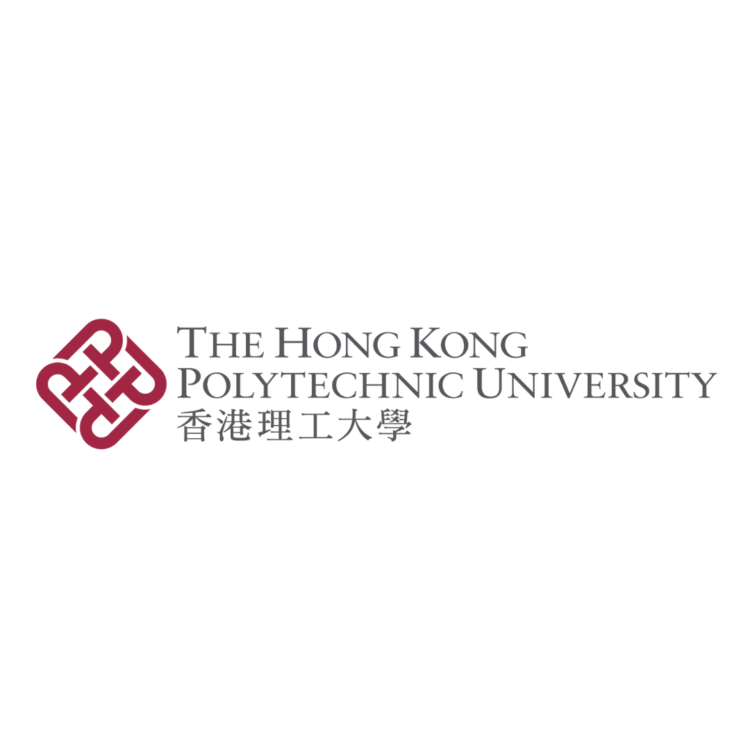 With a proud tradition stretching back to 1937 and ranking among the world’s top 100 tertiary institutions, The Hong Kong Polytechnic University (PolyU) aspires to be an innovative world-class university with a strong sense of social responsibility, driven by its motto, “To learn and to apply, for the benefit of mankind”. PolyU provides the best holistic education to nurture socially responsible “leaders of tomorrow” who possess a strong sense of national identity and a global perspective and pursue impactful innovation and interdisciplinary research to address the world’s most pressing challenges.
With a proud tradition stretching back to 1937 and ranking among the world’s top 100 tertiary institutions, The Hong Kong Polytechnic University (PolyU) aspires to be an innovative world-class university with a strong sense of social responsibility, driven by its motto, “To learn and to apply, for the benefit of mankind”. PolyU provides the best holistic education to nurture socially responsible “leaders of tomorrow” who possess a strong sense of national identity and a global perspective and pursue impactful innovation and interdisciplinary research to address the world’s most pressing challenges.
Apart from academic excellence, PolyU is deeply committed to the pursuit of environmental excellence and the cultivation of robust organizational cultures centered around sustainability. This commitment is reflected in our integration of sustainability principles and approaches into various facets of our institution, including research, education, operations, and campus development. Recognizing the importance of formulating a campus carbon neutrality roadmap to make careful planning on campus development, PolyU established a designated Committee called “Campus Carbon Neutrality Committee” in 2022 as one of the Committees of the President to support the effective rolling out of our campus-wide Carbon Neutrality Roadmap which aims to achieve campus carbon neutral by 2045.
Website: https://www.polyu.edu.hk/en/greencampus/
Social Media
Instagram: @polyu.greencampus
LinkedIn: Campus Carbon Neutrality
If you would like to contact the university, please email us at [email protected] and we will be happy to connect you.
National Taiwan University
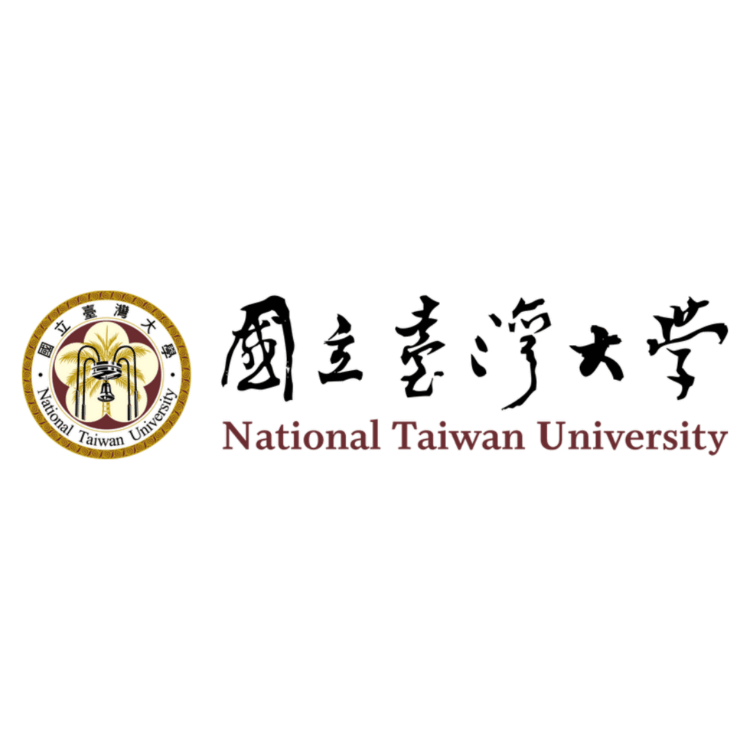 National Taiwan University (NTU) was founded in 1928 during Japanese rule as the seventh of the Imperial Universities. Currently, it is the top-ranking national comprehensive public research university in Taipei, Taiwan. NTU, sprawling across multiple campuses, including the Highland Experimental Farm and Experimental Forest, spans an impressive 34,152 hectares. With 16 colleges, 30,000+ students, and over 50 university-level research centers, NTU offers an extensive range of courses across science, arts, and the humanities, with up to 8,000 courses available each semester.
National Taiwan University (NTU) was founded in 1928 during Japanese rule as the seventh of the Imperial Universities. Currently, it is the top-ranking national comprehensive public research university in Taipei, Taiwan. NTU, sprawling across multiple campuses, including the Highland Experimental Farm and Experimental Forest, spans an impressive 34,152 hectares. With 16 colleges, 30,000+ students, and over 50 university-level research centers, NTU offers an extensive range of courses across science, arts, and the humanities, with up to 8,000 courses available each semester.
Beyond academic pursuits, we actively contribute to positive social change through University Social Responsibility Projects aligned with the United Nations Sustainable Development Goals (SDGs). A research team from the Department of Agronomy collaborates with the local indigenous community to re-cultivate native millet species, hoping to revitalize the millet industry and the culture of the Bunun people. Another research team from the Climate Change and Sustainable Development Program assists townships in setting up micro-climate sensors, helping communities build climate resilience capacity. At the heart of NTU’s mission is a commitment to academic excellence and societal enhancement.
In 2021, NTU took a significant step by establishing the Office of Sustainability and the Sustainable Development Promotion Committee, orchestrating on-campus sustainable governance initiatives. Our ambitious goal is to achieve 50% carbon neutrality by 2028 and attain full carbon neutrality by 2048.
To address the urgent need for sustainable practices, NTU has developed a toolkit for University Campus Sustainability Governance tailored to the unique circumstances in Taiwan. Collaborating with eight other higher education institutions, NTU spearheaded the establishment of the Taiwan University Alliance for Sustainable Governance in 2022, resonating with the ISCN sustainable campus charter.
NTU places a strong emphasis on empowering our students to be catalysts for change. Creative competitions are organized to inspire students to devise sustainable solutions and take proactive actions. Through these initiatives, we aim to foster a community that values and contributes to SDGs.
NTU USR Report: https://sustainable.ntu.edu.tw/en/about/usr-report
Website: https://sustainable.ntu.edu.tw/en
If you would like to contact the university, please email us at [email protected] and we will be happy to connect you.
Shoolini University
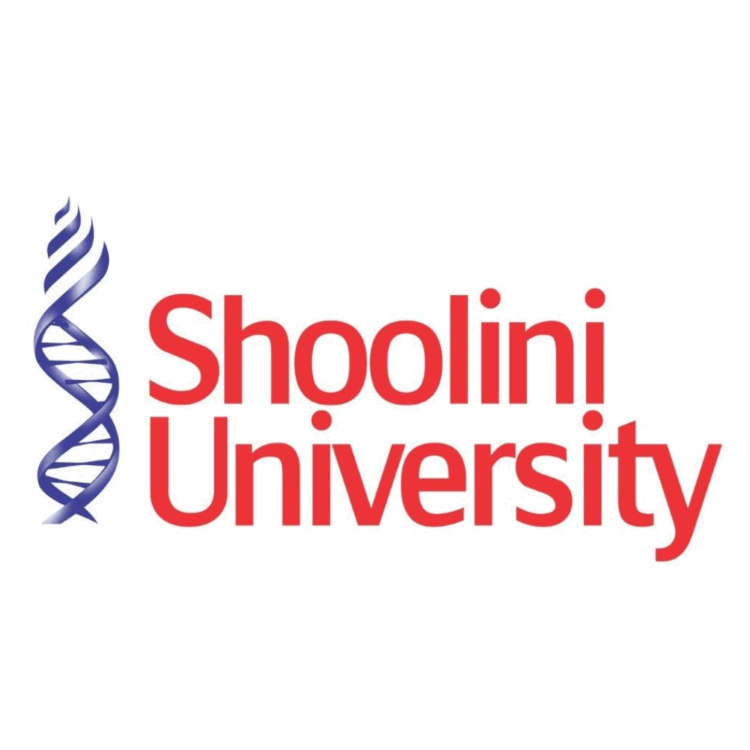 Founded by leading academicians and professionals, Shoolini University is a young, research-focused, philanthropic university. Established in 2009, this dynamic and innovation-led centre of learning has made giant strides. It has consistently been ranked among India’s top 100 universities (NIRF), is one of India’s highest generators of patents and innovation, and matches the world’s best universities in research output.
Founded by leading academicians and professionals, Shoolini University is a young, research-focused, philanthropic university. Established in 2009, this dynamic and innovation-led centre of learning has made giant strides. It has consistently been ranked among India’s top 100 universities (NIRF), is one of India’s highest generators of patents and innovation, and matches the world’s best universities in research output.
A not-for-profit multi-disciplinary private university, Shoolini has a unique research and innovation-led model. We believe that a great university drives cutting-edge knowledge and innovation while working for the social and economic upliftment of the community at the same time. It is this belief – along with our internationally qualified faculty, our focus on careers and placements for students, our continuous innovation in pedagogy, and our highly motivated students – that makes Shoolini University a progressive and dynamic university in the global knowledge economy.
Highlights of Special Achievements
- H-index of 118, is the second highest among all Indian private and public universities founded in 2009.
- In QS World University Rankings 2024, Shoolini has been ranked in the bracket of 771-780 and No. 1 private universities in India. Also, as per QS Asia Rankings 2024 for citations per paper, an indicator of quality research, the varsity has been placed at No. 1 in the country and 5th in Asia.
- Ranked 579 globally in Overall, 142nd in Asia, No.4 private in India as per QS Sustainability Rankings 2024.
- Centre of Excellence in Energy Science & Technology of the University ranked 15th in Energy research as per SCIMAGO ranking during 2023.
- 501-600 globally, No. 1 in India in Research Quality and International Outlook parameter as per In THE World University Rankings 2024.
- 73rd among top 100 universities in the country in 2023 NIRF-MHRD rankings.
Commitment to sustainability
Shoolini University is committed towards Net Zero Emissions by 2025 implementing Net Zero Emissions Strategies in Higher Education Institutions.
Implementing net zero emissions strategies in higher education institutions requires a comprehensive approach that goes beyond simply reducing operational emissions. Universities have the unique opportunity to leverage their intellectual capital to scale research on net zero solutions, while also addressing their own emissions from campus operations. Furthermore, educating individuals and businesses about the need for net zero initiatives is a significant tool that universities can utilize to drive widespread adoption of sustainable practices. By setting examples for how net zero can be achieved in the education sector, universities can inspire other institutions to follow suit and contribute to the global effort to combat climate change.
Shoolini University has research centres that particularly works on sustainability and climate action.
- Centre of Excellence in Energy Science and Technology
- International Research Centre of Nanotechnology for Himalayan Sustainability (IRCNHS)
Websites:
https://shooliniuniversity.com/media/sustainability/social.html
https://research.shooliniuniversity.com/
https://shooliniuniversity.com/center-of-excellence-in-energy-science-and-technology
Social Media
Instagram: https://www.instagram.com/shooliniuniversity/
Facebook: https://www.facebook.com/ShooliniUniversityOfficial/about
LinkedIn: https://www.linkedin.com/school/shooliniuniversity/about/
If you would like to contact the university, please email us at [email protected] and we will be happy to connect you.
VinUniversity
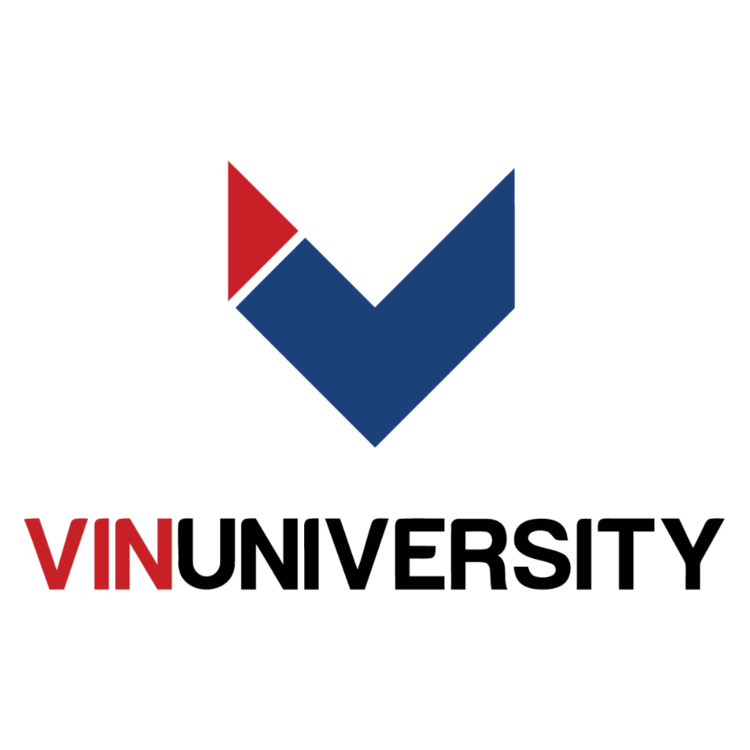 VinUniversity is a private, not-for-profit university established by Vingroup – the largest private conglomerate in Vietnam. VinUni aspires to become a university of excellence with a mission to develop talents for the future. Situated in the 420-hectare sprawling Vinhomes Ocean Park, Hanoi, Vietnam, our expansive 23-hectare campus is meticulously designed with a mere 16% building density, covering 84% of our campus area with green tree. This intentional layout fosters an environment conducive to self-directed and collaborative learning, peaceful introspection, and appreciation of inspirational beauty.
VinUniversity is a private, not-for-profit university established by Vingroup – the largest private conglomerate in Vietnam. VinUni aspires to become a university of excellence with a mission to develop talents for the future. Situated in the 420-hectare sprawling Vinhomes Ocean Park, Hanoi, Vietnam, our expansive 23-hectare campus is meticulously designed with a mere 16% building density, covering 84% of our campus area with green tree. This intentional layout fosters an environment conducive to self-directed and collaborative learning, peaceful introspection, and appreciation of inspirational beauty.
In just 3 years of operation since our establishment in 2020, VinUni has proudly become the youngest university in the Asia-Pacific region to receive a 5-star QS rating in seven criteria, notably achieving a 5-star rating for our Facility Campus. Our commitment to sustainability is exemplified by our use of a solar energy system.
VinUni is unwavering in its dedication to constructing a green campus that optimizes costs and upholds social responsibility. Central to this commitment is the establishment of cutting-edge research facilities that serve as a technology hub, fostering innovation and connecting experts worldwide to collaboratively address global sustainable development challenges. The Center for Environmental Innovation (CEI), at the forefront of advanced technology and interdisciplinary research, tackles urgent environmental issues and empowers informed decision-making to adapt to climate change. Through the integration of technology, social sciences, digital materials, and sustainable energy, we aim to drive transformative solutions for a sustainable future.
Furthermore, we instil a sense of social responsibility in every student, with an expectation to complete 45 hours of community service volunteering throughout their academic journey. VinUni organizes unique annual events such as the Water Conservation Program, Recycling Program, Green Sport Day, and Earth Day, fostering a culture of environmental consciousness and social engagement.
At VinUniversity, sustainability is not just a goal; it is a way of life. We are proud to contribute to a brighter, greener future through education, research, and active community involvement.
Website: https://sustainability.vinuni.edu.vn/
Social Media
Instagram: https://www.instagram.com/vinuniversity.official/
Facebook: https://www.facebook.com/vinuniversity
LinkedIn: https://www.linkedin.com/company/vinuniversity-vietnam/
If you would like to contact the university, please email us at [email protected] and we will be happy to connect you.
Hong Kong Baptist University
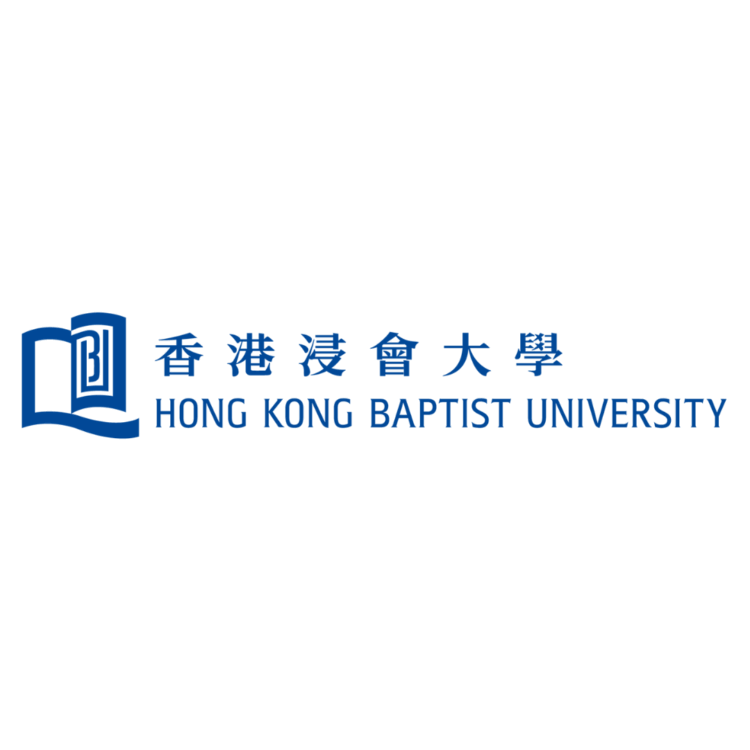 Founded in 1956, Hong Kong Baptist University (HKBU) aims to be a leading research‐led liberal arts university in Asia for the world delivering academic excellence in caring, creative, and global culture. HKBU has a broad range of undergraduate and postgraduate programmes up to the doctoral level. Throughout the years, HKBU is dedicated to nurturing the future generations of civically engaged community members, and shouldering the responsibility to foster them with humanity and care for the natural world. As one of Asia’s finest institutions of higher education, the university prides itself on the attraction for talents from all around the world, as well as a vibrant and active alumni network.
Founded in 1956, Hong Kong Baptist University (HKBU) aims to be a leading research‐led liberal arts university in Asia for the world delivering academic excellence in caring, creative, and global culture. HKBU has a broad range of undergraduate and postgraduate programmes up to the doctoral level. Throughout the years, HKBU is dedicated to nurturing the future generations of civically engaged community members, and shouldering the responsibility to foster them with humanity and care for the natural world. As one of Asia’s finest institutions of higher education, the university prides itself on the attraction for talents from all around the world, as well as a vibrant and active alumni network.
With its fundamental strengths in the arts and humanities, HKBU offers an education and research environment that fosters technological progress with a focus on the human dimensions. At the same time, the University is using technology to push the envelope of human imagination in the arts and cultural sphere. Coupled with our unceasing efforts to achieve breakthroughs in science and Chinese medicine, HKBU strives to contribute to the building of a better world and a more compassionate society.
Our vision is to collaborate with the community in creating global and local contribution to sustainability, as well as in developing a green campus through design and operation of new development and existing buildings respectively. We aim to build a resilient and resource efficient institution, shape an environmentally friendly community, and accelerate sustainability and collaboration.
In line with the HKSAR Government’s policy to achieve carbon neutrality before 2050, HKBU continues to share our vision to support sustainable development and recognises the urgent need to address climate change and its impact on the global community. As part of the community, we commit to taking action to reduce our carbon footprint and achieve carbon neutrality.
Our Target
HKBU commits to achieving carbon neutrality for Scopes 1 & 2 greenhouse gas (GHG) emissions by 2044. As a roadmap to achieve this target, we aim to reduce the concerned GHG emissions by 50% by 2035/36, compared to 2012/13 level.
To ensure that we are making strides towards carbon neutrality, the University continues to conduct an annual assessment and measurement of its GHG emissions to gauge its environmental impact and identify areas for improvement (if any).
Our Strategy
To this end and taking reference from the Government’s Hong Kong’s Climate Action Plan 2050, the University has developed four strategies as the core of its plan to achieve carbon neutrality:
- Energy Saving & Green Buildings
- Green Transport
- Waste Reduction
- HKBU Community Engagement
Website: https://hkbu-sustainability.hkbu.edu.hk/
Social Media
Instagram: http://www.instagram.com/hkbusustainability
Facebook: http://www.facebook.com/hkbusustainability
If you would like to contact the university, please email us at [email protected] and we will be happy to connect you.
